
Engineering for a Just and Sustainable World
Hands-On Learning, Industry-Sponsored Projects, Outstanding Outcomes
Seattle University’s Bachelor of Science in Mechanical Engineering program offers industry-sponsored senior design projects, technical and professional mentorship by industry professionals, eleven lab courses, six design courses, undergraduate research, study abroad, and several student clubs. Our graduates have fulfilling engineering careers and many have become leaders in numerous technical firms, including Boeing, Microsoft, PACCAR, and Amazon.
The Bachelor of Science in Mechanical Engineering program is accredited by the Engineering Accreditation Commission of ABET, https://www.abet.org, under the General Criteria and the Mechanical and Similarly Named Engineering Program Criteria.
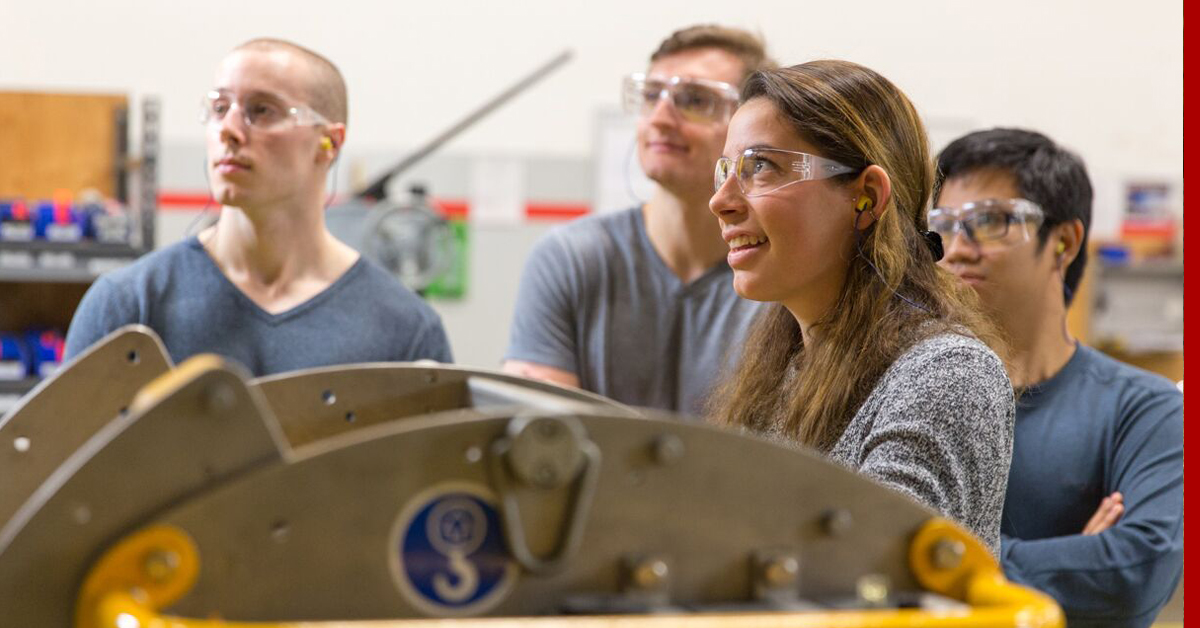
Mechanical Engineering students benefit from personal attention from dedicated faculty.
The mechanical engineering program is 27% female and 60% students from underrepresented groups.
More than 90% of BSME graduates are employed or enrolled in a graduate program within 6 months of graduation.
Seattle University was a great balance, offering a mechanical engineering program with personal attention from faculty and many opportunities to build connections with peers – I discovered that making these connections was important, because all of these people become your colleagues after you graduate.
Brad Chew, BSME C'17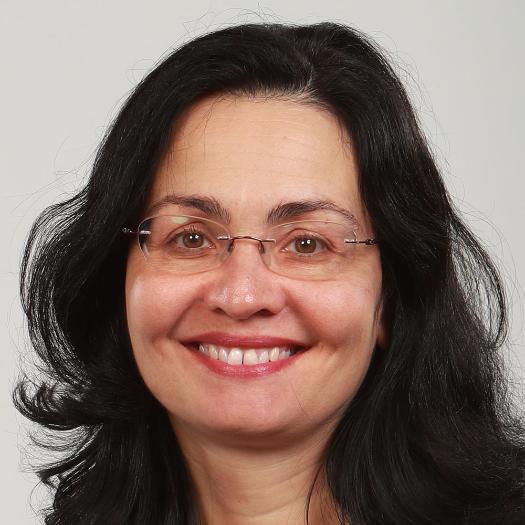
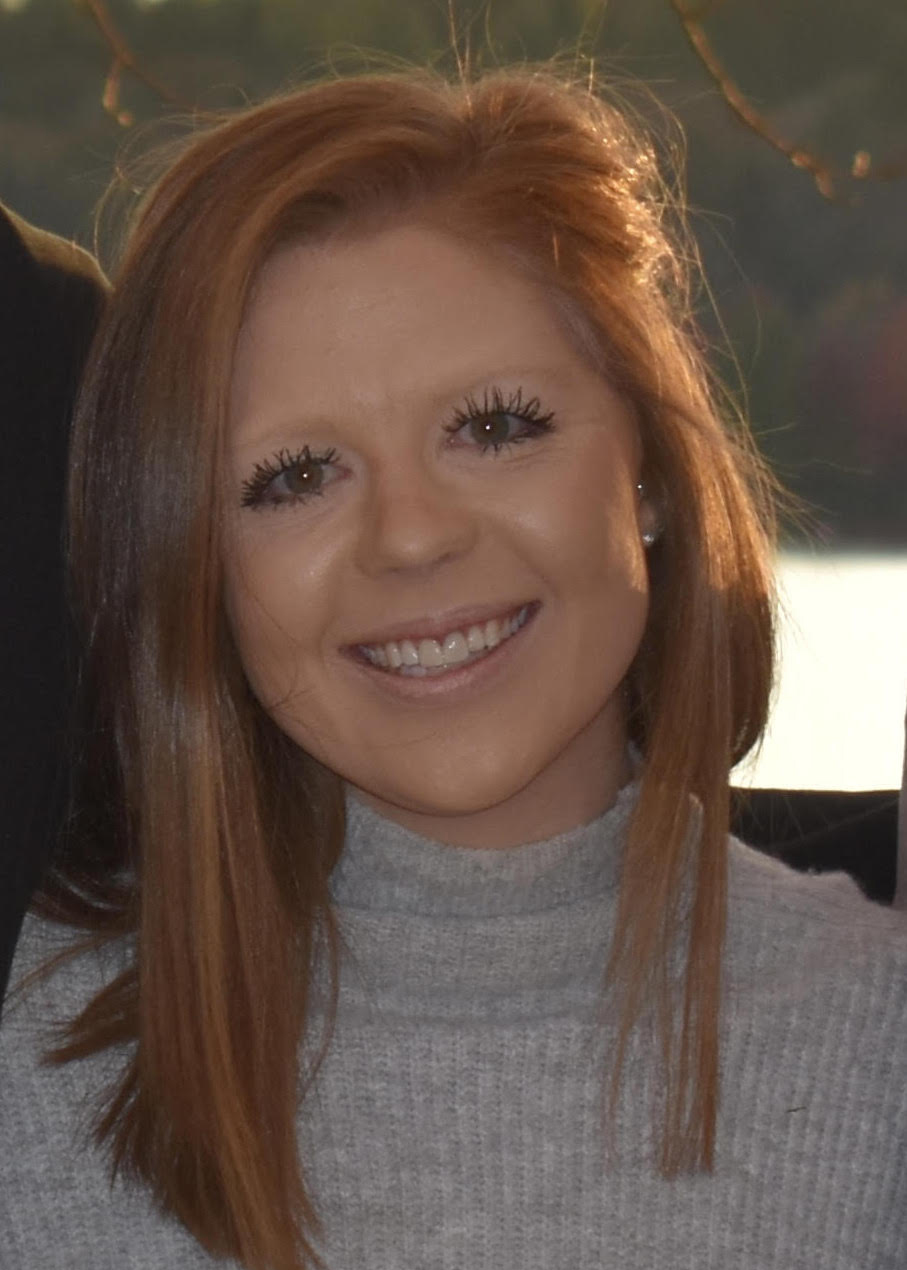
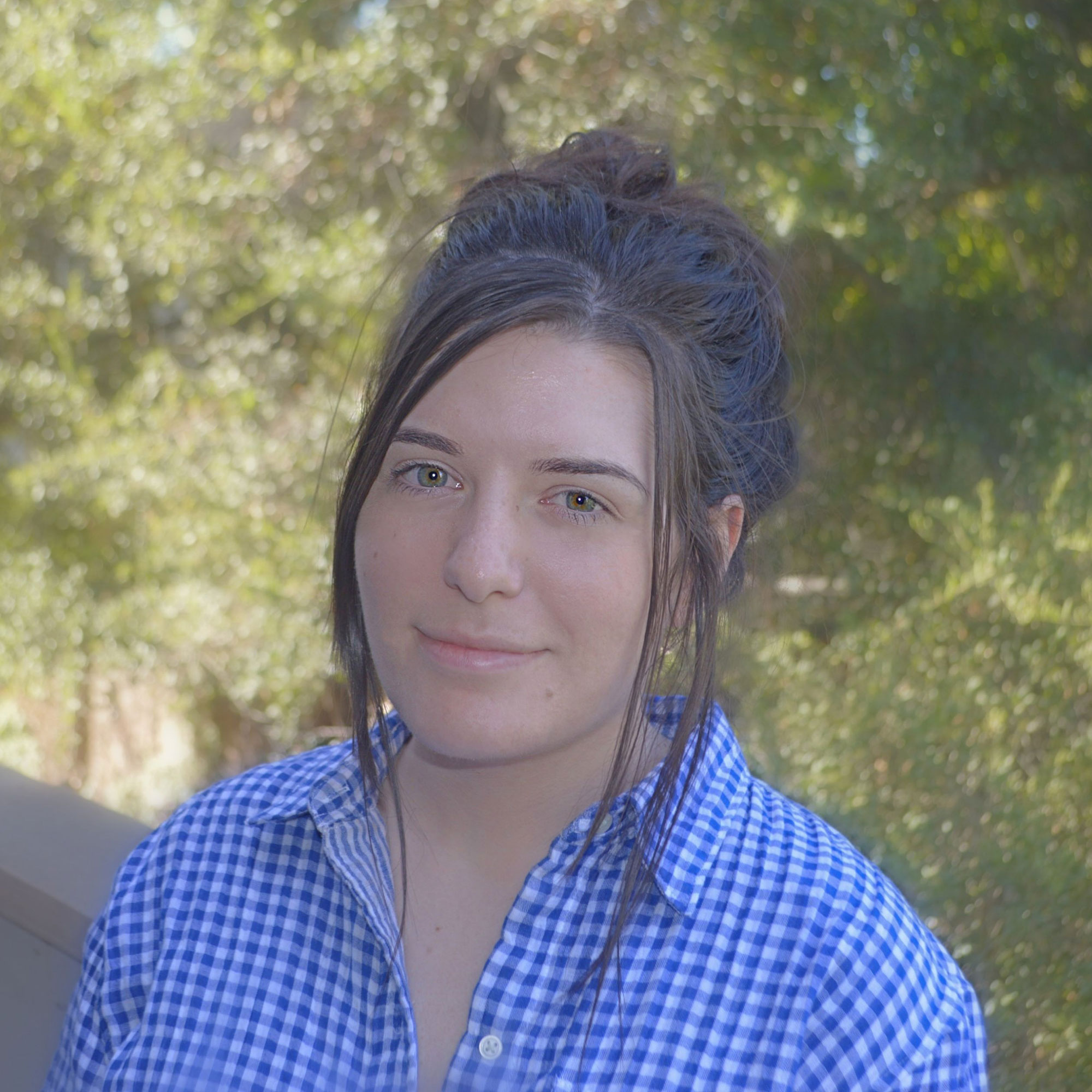
Emma Ayubi
"I think the most helpful thing for me was having a good relationship with my professors which made me feel comfortable coming to their office hours. I got a few job offers from the SU career fair and after I accepted the job I spoke with my employer. He told me the reason they hired me was because they liked that I stayed and asked so many questions. Most students with a BSME are capable of doing the job but they’re looking for people that work well with others."
Viviana Gonzalez
“My favorite experience was my final design project for the mechanical engineering degree. It lasted a full year and we got to work with companies outside the university who sponsored their projects. I got exposed to finances, project management, customer interactions and team dynamics. I still look back to the project now and see the lessons I can apply to my job.”
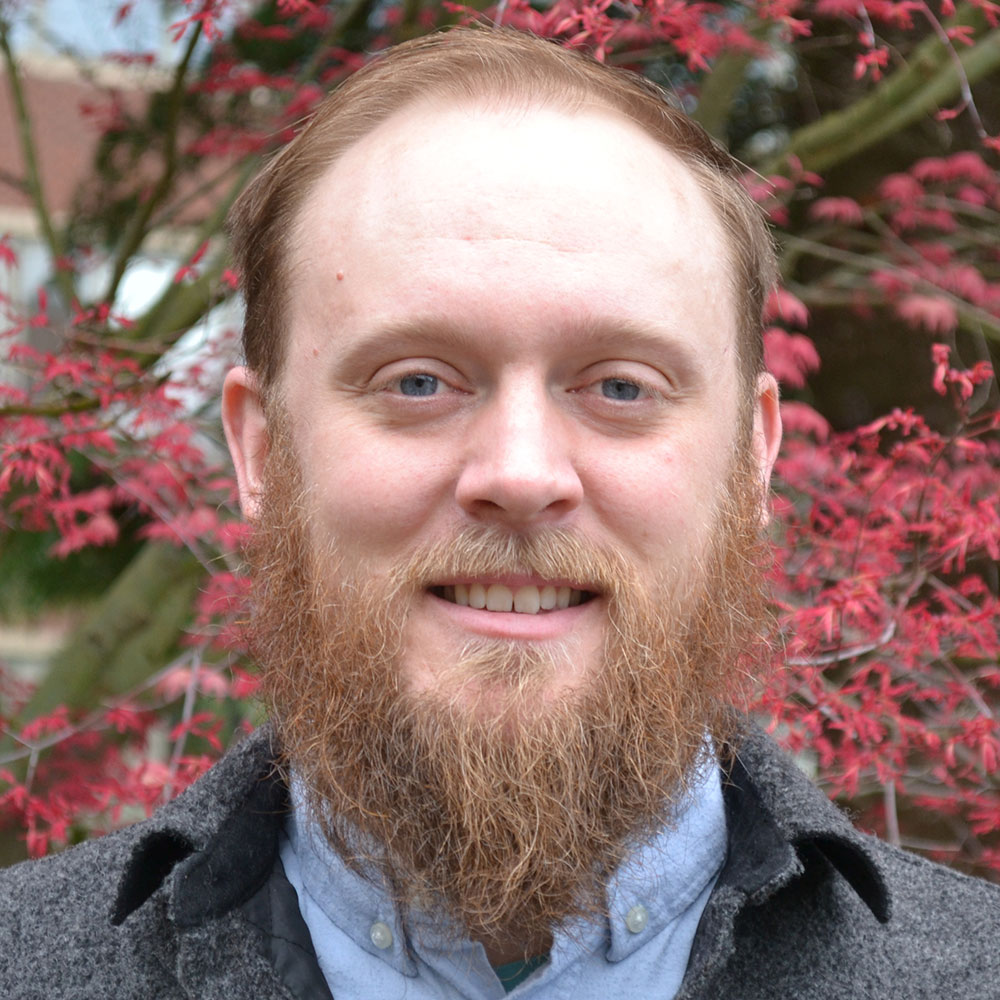
Will Gibbs
"I believe that improving the visibility and interactions across the study-to-practice gap will better prepare students for building fulfilling, impactful careers in industry, and will support faculty in their efforts to train new engineers from cohort to cohort in the context of an ever-evolving professional world."
Christian Heussy
“The fact that the school is small meant that I got to develop close relationships with my classmates. I still keep in contact with a lot of students from my time at SU, and the network has been a big positive for me.”
Zena Marie-Husler
“Why did I choose Seattle University? For the small class sizes, the service oriented learning, the focus on community, and the engineering program.”